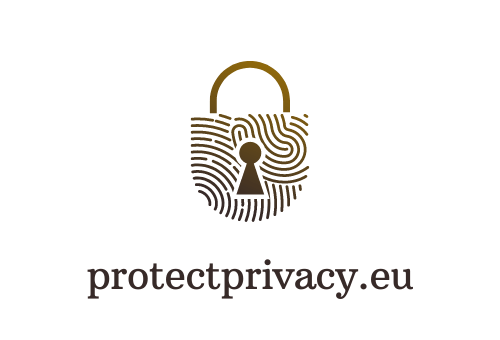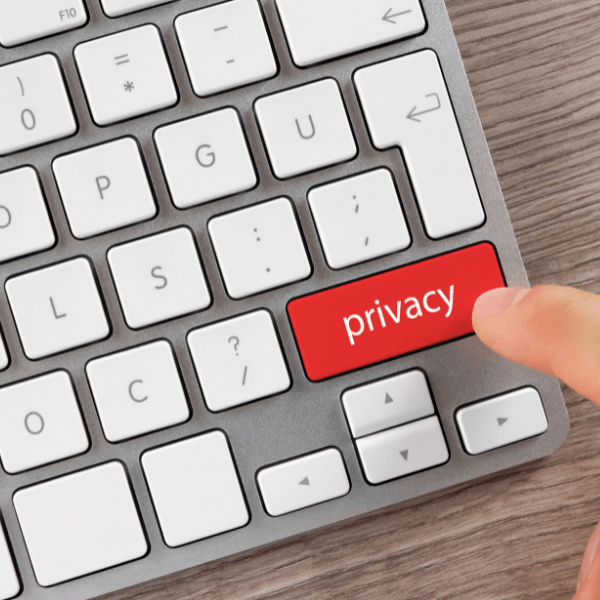The Dark Web: Understanding the Hidden Internet

The dark web, a term that often conjures images of illicit activities and mysterious corners of the internet, is widely misunderstood. This article aims to provide an insightful look into the dark web, shedding light on its nature, how it functions, and its implications for privacy and security.
What is the Dark Web?
The dark web is a part of the internet that is not indexed by standard search engines and requires specific software, configurations, or authorization to access. It is part of the deep web, which includes all parts of the web not accessible by regular search engines.
Accessing the Dark Web
Access to the dark web is commonly achieved through the Tor network, which uses onion routing to ensure privacy and anonymity by encrypting and rerouting users’ data through multiple servers.
Common Misconceptions About the Dark Web
The dark web is often associated exclusively with illegal activities, but this is a misconception.
A Platform for Illegal Activities?
While it is true that the dark web can be used for illegal transactions and communications, it also serves legitimate purposes, providing a platform for whistleblowers, activists, and those under oppressive regimes to communicate securely.
The Dark Web and Privacy
One of the most significant aspects of the dark web is its emphasis on privacy and anonymity.
A Refuge for Privacy
For individuals concerned about privacy, the dark web offers a space where they can browse and communicate away from the prying eyes of surveillance and tracking.
Risks and Considerations
However, this level of anonymity can also attract illicit activities. Users need to be aware of potential risks, including scams, malicious software, and exposure to illegal content.
The Legal Implications of Using the Dark Web
Using the dark web is not illegal in itself, but engaging in or facilitating illegal activities is unlawful regardless of the platform used.
Navigating Legal Boundaries
It’s crucial for users to understand their country’s laws regarding internet use and to navigate the dark web within legal boundaries.
Read Next: Personal Data – What You Share Without Realizing
Tips for Safe Exploration
For those curious about the dark web, safety should be the top priority.
Use Reliable Software
Access the dark web using reputable tools like the Tor browser and ensure that your antivirus software is up to date.
Stay Informed and Cautious
Stay informed about the risks and be cautious in your activities. Avoid sharing personal information and clicking on unknown links.
Conclusion
The dark web is a complex and often misunderstood part of the internet. While it offers heightened privacy and has legitimate uses, it also poses risks and ethical questions. Understanding the nature of the dark web is crucial for anyone interested in exploring this hidden layer of the internet.







